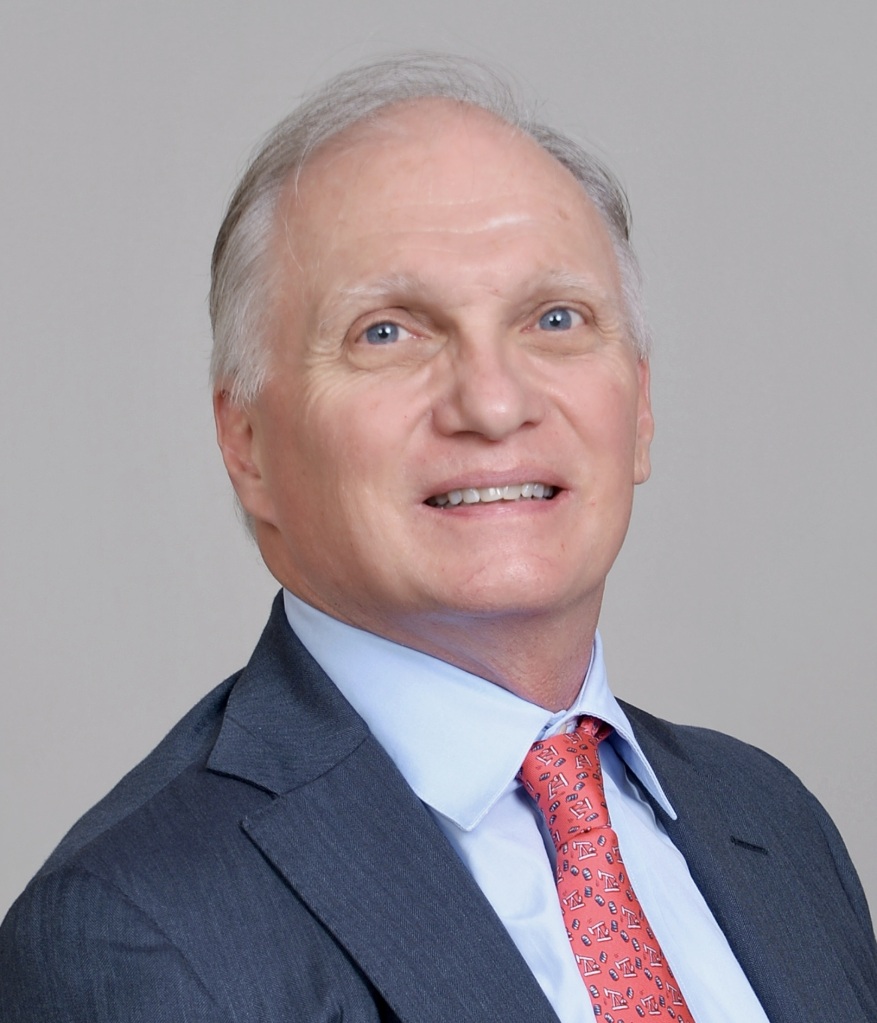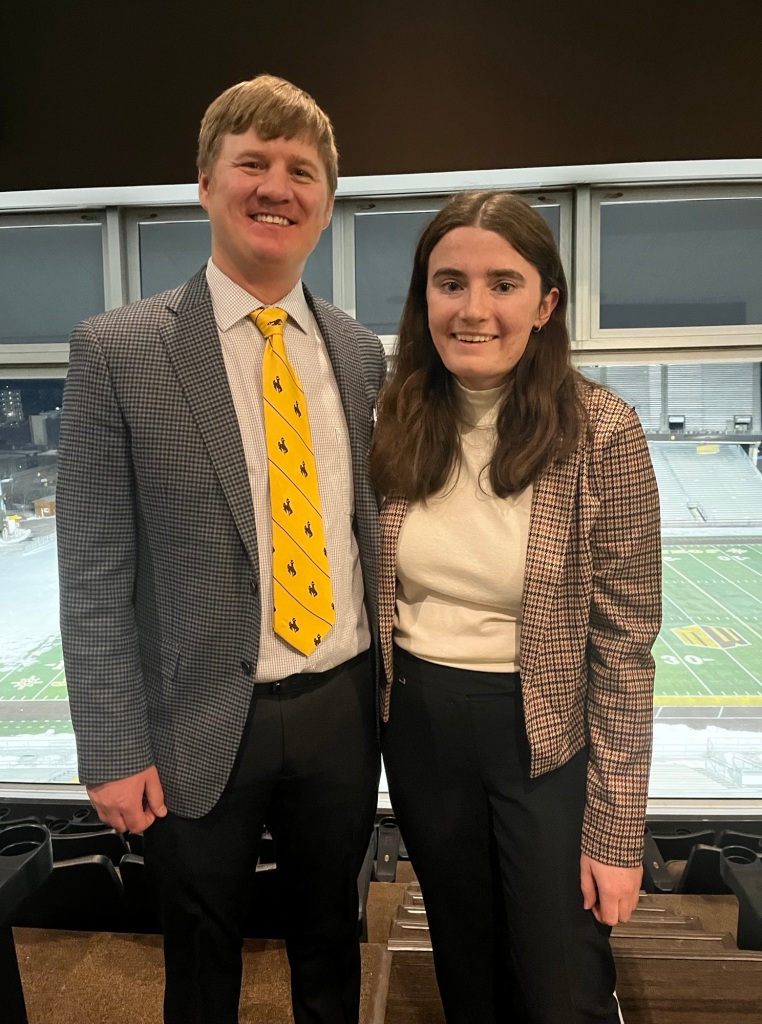An updated survey from the University of Wyoming’s School of Energy Resources (SER) explores Wyoming residents’ perspectives of energy development, including “social license” — the level in which Cowboy State residents support or oppose different forms and amounts of energy development.
The research is a companion document to the original study that was conducted in 2020 in collaboration with UW’s Ruckelshaus Institute of Environment and Natural Resources.
The study provides a summary of Wyoming residents’ values and beliefs related to energy in Wyoming. The research was led by Jessica Western, an adjunct professor in the UW Haub School of Environment and Natural Resources, and Selena Gerace, an SER associate research scientist. It was supported by the Plains CO2 Reduction Initiative and the U.S. Department of Energy’s Intermountain West Energy Sustainability and Transitions initiative.
The survey covers energy development topics, including legacy fossil fuel industries; utility-scale renewable projects; hydrogen generation; carbon capture, utilization and storage (CCUS); and novel industries in Wyoming, such as rare earth element and critical mineral mining.
“Since we initiated this research in 2020, there have been more advancements in different energy technologies — including the announcement of the TerraPower natrium plant in Kemmerer — and various, large-scale direct air capture and CCUS projects,” Gerace says. “It is important for us to monitor how Wyoming residents’ views have changed, if at all, regarding traditional energy sources and explore perspectives regarding these new energy types to identify gaps where we could provide more outreach and education.”
The survey’s identified findings will serve as a useful resource for industries to guide stakeholder engagement regarding areas of uncertainty in energy project development, as well as a tool for Wyoming citizens to understand what types of energy development projects are available in the state.
According to Scott Quillinan, SER’s senior director of research, the survey results show the overall energy IQ of Wyoming residents and that, while many of the respondents were knowledgeable about developments in the energy sector, there are understandably areas of uncertainty in relation to the latest technological advancements.
“In the span of two short years, things such as hydrogen were just being talked about as possibilities. Now, we are seeing a real shift to make these new technologies a reality, and there has been major growth in implementing them to help drive Wyoming’s economy,” Quillinan says. “At SER, we strive to make sure that we are doing our best to educate the Wyoming public so that, when decisions are being made, residents have the best information possible on how a type of technology could help or challenge the goals and economy of the community.”
While the initial survey results are helpful in identifying the current sentiments related to energy development in Wyoming, the next critical step is understanding why. The research team is now developing a further analysis by conducting a series of interviews with Wyoming residents to better understand the reasons behind their thoughts, beliefs and values.
The full survey results can be downloaded from SER’s Center for Energy Regulation and Policy Analysis webpage here.









